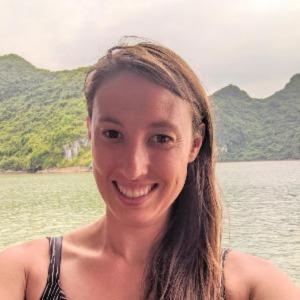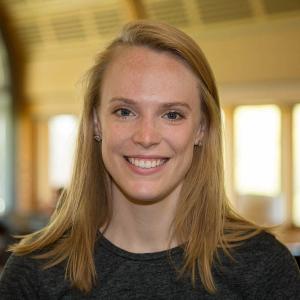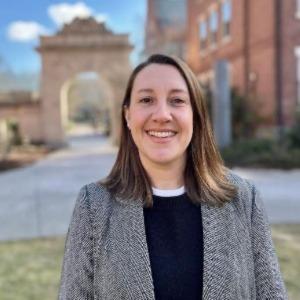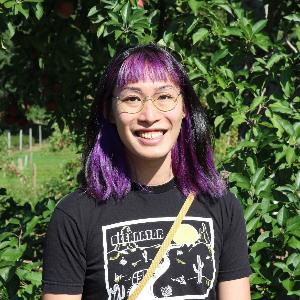
Postdoctoral Research Associate, Fuxjager Lab
Broadly interested in how muscle physiology constrains performance in behavioral displays of animals as well as how hormonal and molecular regulation of physiology leads to variation in behavioral displays.

Postdoctoral Research Associate, Brainerd Lab
Corrine specializes in the analysis of the biomechanics and functional morphology of vertebrate animals, primarily fish. The main emphasis is to achieve fundamental insight into the biomechanics, and how this is influenced by variation in the anatomical components. Most current research focuses on the function of the head's skeletal components of fish during feeding.

Postdoctoral Research Associate, Kartzinel Lab
Interested in understanding how wildlife can thrive in unprotected landscapes, specifically using spatial and molecular ecology to determine how conservation strategies can be designed.

Senior Research Associate, Tatar Lab
Aging regulation by non-autonomous signaling from Drosophila gut enteroendocrine cells.

Postdoctoral Research Associate, Roberts Lab
Samantha studies biomechanics and the functional anatomy of the skull, primarily in fish. She is interested in constraints on evolution and broadly how complex mechanical systems work.

Postdoctoral Research Associate, Kartzinel Lab
Broadly interested in how animals respond to environmental change, and more specifically in spatial and temporal diet-microbiome interactions, and how this may influence host health and fitness.

Postdoctoral Research Associate, Huerta-Sanchez Lab
Mia's work is focused on critical analyses of how genomic sex differences claims are made, how gendered effects can impact the inference of sex-biased human demographic history, and in applications of coalescent theory to detecting admixture and introgression.

Postdoctoral Research Associate, Brainerd Lab
Kelsey T. Stilson is a postdoctoral fellow in the Brainerd Lab and an anatomy instructor at the Alpert School of medicine. They study mastication (chewing) in the Didelphis virginiana (the opossum) using biplanar videoradiography. Kelsey also studies teeth as sensory structures, with a focus on nerve distribution within tooth roots and the implications of this distribution for chewing behaviors.

Senior Research Associate, Tatar Lab
Fly genetics and cell biology.